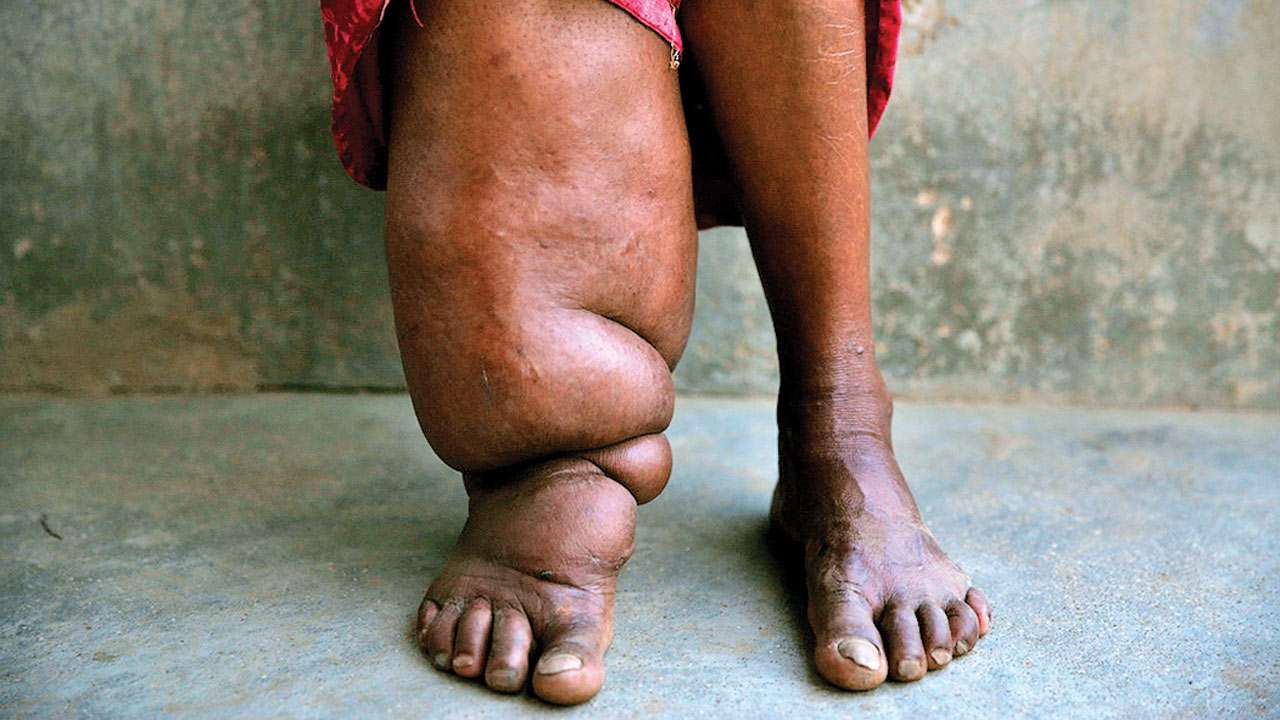DAKAR, October 6, 2024 — A new report released days ago provides an assessment of the burden of neglected tropical diseases [ NTDs ] in Francophone countries, highlighting the significant progress made as well as the challenges that remain. The report calls for renewed political commitment, strengthened cross-border collaboration, and increased resource mobilisation to accelerate progress against these diseases.
Launched on the sidelines of the 19th Summit of the Organisation Internationale de la Francophonie [OIF], the report aims to strengthen advocacy efforts within the Francophone world and raise awareness of the substantial burden that NTDs place on Francophone countries. It also benchmarks progress and challenges since the adoption of the 2018 OIF resolution on NTDs, urging Francophone countries to renew commitments to eliminate these diseases.
NTDs are a group of preventable and treatable illnesses that cause immeasurable suffering for some of the world’s most vulnerable populations. They can lead to severe disability, disfigurement, and death, hindering economic growth and costing billions of dollars in lost productivity each year. Of the more than 1.6 billion people worldwide at risk of NTDs, a significant percentage reside in Francophone countries, particularly in sub-Saharan Africa and Southeast Asia.
“Today, it is more than essential that we work together in a cross-sectoral approach and within the ‘One Health’ framework”, said Professor Benjamin I. B. Hounkpatin, Benin’s Minister of Health. “By joining forces, we can write the final chapter in the history of neglected tropical diseases by 2030, and the French-speaking world has the opportunity to lead the way, because our diversity and solidarity are our assets. Let’s act now for a future free of NTDs”, he added.
The report reviews the progress made since the 2018 OIF resolution on NTDs, where 57 member states committed to promoting and reinforcing the fight to eliminate NTDs in Francophone countries. It highlights successes, including case studies on several countries that have recently eliminated an NTD, and emphasises the need for increased and innovative financing to support control and elimination programmes, as well as integrating NTD activities into other health strategies.
The report estimates that 211 million people in Francophone countries need interventions against NTDs, a 23.3 percent drop from 2010 when 275mln people were in need. This is out of the 1.62 billion people who were in need globally in 2022, a 26 percent drop from the 2.19mln in 2010. The World Health Organisation global roadmap for NTDs 2021 – 2030 targets 90 percent reduction in people requiring interventions by 2030; and for 100 countries to have eliminated at least one NTD.
Emerging challenges are also addressed, such as how climate change is putting new regions at risk for NTDs and altering patterns of transmission, making the diseases more difficult to combat. The report underscores the importance of adapting strategies to address these evolving threats.
“As we strive towards the targets outlined in the WHO NTD road map 2021-2030 and Sustainable Development Goal 3, it’s imperative that we intensify our efforts,” said Dr Isatou Touray, interim Executive Director, Uniting to Combat NTDs. “Strengthening cross-border collaboration and boosting resource mobilization are key to more effectively combating NTDs.”
The report serves as a vital resource for Francophone policymakers, partners, donors, and communities, aiming to ensure that NTDs remain prioritised on the global agenda. By working together and pledging the necessary resources, Francophone countries can drive collective action to improve health and quality of life for millions of people around the world.
“Ending the burden of neglected tropical diseases is critical to reducing global poverty and inequality, benefiting both Francophone countries and the broader global community,” said Dr. Ibrahima Socé Fall, Director, NTDs, WHO. “This report underscores the urgent need for renewed political commitment and collaborative action. Now is the time to unite, act, and eliminate NTDs.”
https://thecooperator.news/field-epidemiology-graduates-to-boost-fight-against-animal-diseases/
Buy your copy of theCooperator magazine from one of our countrywide vending points or an e-copy on emag.thecooperator.news
